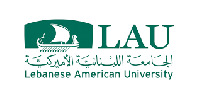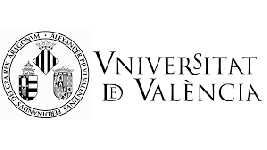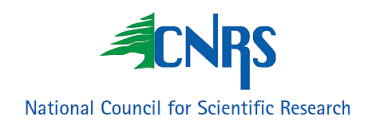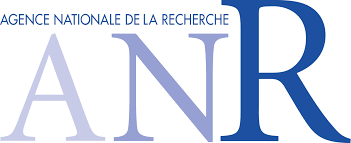ABOUT US




Growing water scarcity, catalyzed by the imminent threat of climate change, requires the development of sustainable and innovative technologies to shift the paradigm of water management towards low-impact recycling without incurring major resource or energy footprints. As such, the future of sustainable agriculture is dependent on a near closed loop of treated wastewater reuse. Although the challenges of reuse implementation vary across the Mediterranean region, energy and resource efficiency during treatment are universal requirements due to the potential for greenhouse gas emissions and costs associated with energy input. This project involves the development, advancement, and application of the emerging technology known as the anaerobic membrane bioreactor (AnMBR) for unrestricted wastewater reuse. To achieve this, the primary objective of the work is to address and overcome the outstanding issues facing AnMBR technology from a practical implementation perspective. In addition to achieving safe water reuse for irrigation, the outcomes of this research will also serve to improve surface water quality by mitigating poorly treated waste sources and reducing contaminant loading.














